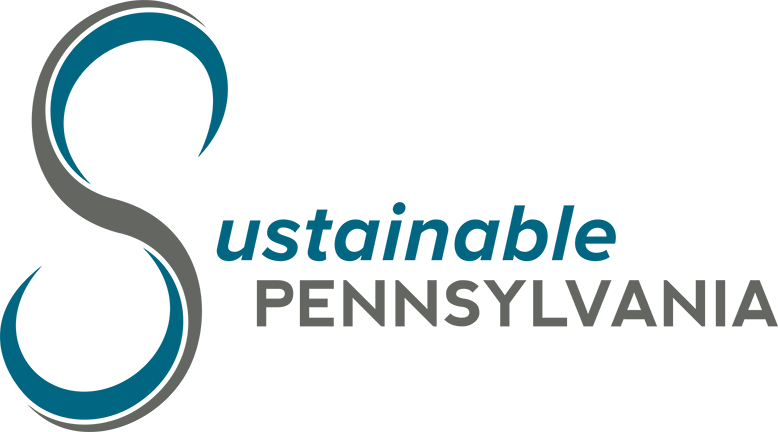An ecodistrict refers to an urban planning approach aimed to combine objectives for sustainable development and social equity while reducing the ecological footprint of a neighborhood. Neighborhoods provide a scale at which a community can achieve significant improvements in these areas by examining the local and regional systems that influence a community’s resilience, access to opportunity, environmental conditions, food access, and other quality of life factors. EcoDistricts Protocol, developed by the EcoDistricts organization, manifests in a variety of forms based on capacity, needs, and goals of a community.
How to Explore Bringing Ecodistrict Efforts to Your Community
- Learn About the Framework – The EcoDistricts Protocol offers structure and guidance for communities who want to create actionable plans to tackle the issues that are important to local community stakeholders. Understanding the pieces of this framework will prepare you to have conversations with other community members about why an Ecodistrict might be a good fit for your municipality.
- Meet With Your Potential Partners (Organizations, Business Owners, Local Government Officials) – Ecodistrict work cannot be done alone by one party and requires the collaborative effort of many local stakeholders working in concert toward a shared vision. Meet with other government officials and leaders at local organizations and businesses to explain the ecodistrict process and how you think it may benefit your community. Understand what your fellow community members’ pressing challenges, needs, and opportunities are so that you can strategize on shared priorities to focus on as you move forward in ecodistrict planning.
- Expand the Effort – Community buy-in to the ecodistrict process involves a great deal of outreach and engagement to ensure that a diverse range of feedback and perspectives is included in the effort. This can take many forms, from one-on-one conversations with local stakeholders over coffee or lunch to large-scale community meetings (and everything in between). While meeting with residents and other stakeholders, focus on the principles of mutual education and understanding; while it is important to educate others about what an ecodistrict plan could entail and how it might serve your community, it is equally important to understand the feedback, concerns, and ideas of the many local stakeholders who stand to be impacted by such work.
